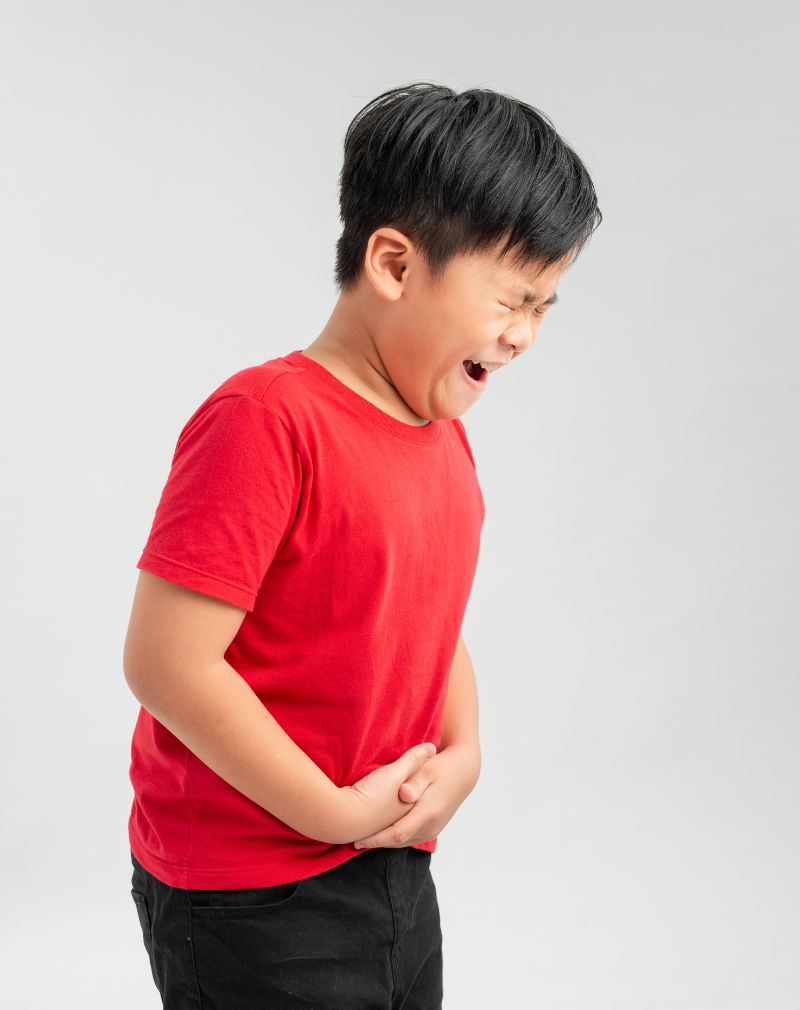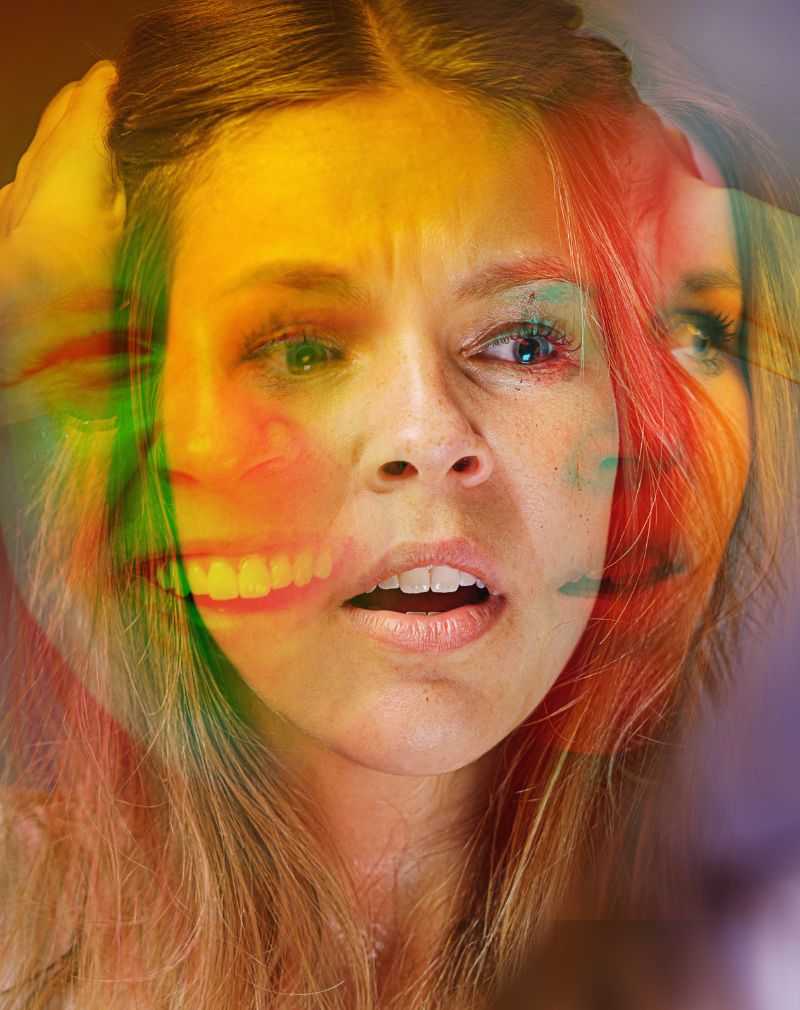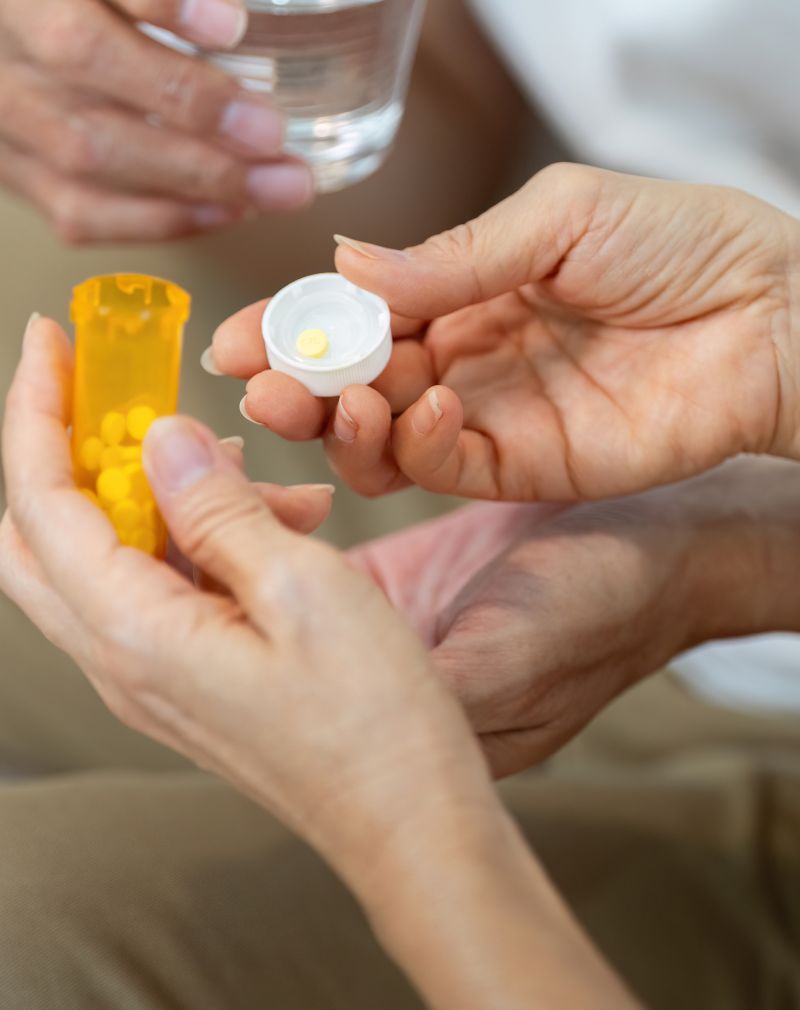Imagine this: a young woman, seemingly healthy and active, has a secret. She craves ice, not just a few cubes in a glass, but bags of it, crunching through them day and night. Her family is baffled, her friends are concerned, but she can’t seem to stop. It’s a craving that consumes her, a puzzle with no easy answers.
This is the world of pica, a perplexing eating disorder characterized by the persistent consumption of non-food substances. It’s not just about unusual cravings; it’s a real condition with potential consequences for physical and mental health.
Cravings Beyond the Culinary: Understanding Pica
Pica goes beyond the realm of ordinary food preferences. Individuals with pica experience intense urges to eat substances that have no nutritional value, such as ice, dirt, clay, paper, or even paint chips. These cravings can be all-consuming, leading to secretive behaviors and potential health complications if the ingested substances are harmful.
The American Wellness Center: Your Partner in Unraveling the Mystery
At the American Wellness Center in Dubai Healthcare City, we understand the complexities of pica. Our team of experts, including Psychiatrists, Nutritionists, and Therapists, are dedicated to unraveling the mysteries behind this eating disorder and guiding individuals towards a path of recovery. We offer a compassionate and comprehensive approach to care, addressing both the physical and psychological aspects of pica. Our goal is to empower individuals to overcome their cravings, improve their nutritional status, and ultimately regain control over their eating habits.
Cravings Beyond the Culinary: What is Pica?
Pica is a fascinating yet often misunderstood eating disorder that goes beyond the realm of typical food cravings. It’s a condition characterized by the persistent and compulsive consumption of substances that have no nutritional value. While most of us enjoy the occasional indulgence in a sweet treat or savory snack, individuals with pica experience intense urges to eat things like dirt, clay, paper, soap, or even chalk.
More Than Just a Quirk
Pica is not simply a harmless quirk or passing phase. It’s a recognized medical condition with potentially serious health consequences. The ingestion of non-food items can lead to a variety of complications, including:
- Nutritional Deficiencies: Pica can interfere with the absorption of essential nutrients, leading to deficiencies in iron, zinc, and other vitamins and minerals.
- Intestinal Blockages or Damage: Consuming non-food items can cause blockages in the digestive system, leading to pain, constipation, and potentially requiring surgery. Sharp or abrasive substances can also damage the lining of the digestive tract.
- Poisoning: Some non-food items, like paint chips or batteries, contain toxic substances that can lead to serious health problems, including organ damage.
The Many Faces of Pica
Pica is not a one-size-fits-all condition. It manifests in different ways, depending on the specific substances craved:
- Geophagia: The consumption of soil, clay, or dirt.
- Pagophagia: The craving for and consumption of ice.
- Amylophagia: The persistent eating of starch, such as laundry starch, cornstarch, or uncooked rice.
- Other Forms: Pica can also involve cravings for hair, paper, soap, metal, and other non-food substances.
Understanding the diverse forms of pica is crucial for accurate diagnosis and effective treatment. At the American Wellness Center in Dubai Healthcare City, our experts take a comprehensive approach to understanding each individual’s unique experience with pica, tailoring treatment plans to address the underlying causes and help them break free from these unusual cravings.
Why We Crave the Unconventional: Unraveling the Causes of Pica
The urge to consume non-food items may seem perplexing, but pica often holds hidden messages, clues to underlying physical or psychological needs. Understanding these root causes is crucial for effective treatment and recovery.
The Body’s Hidden Messages
In some cases, pica is the body’s way of signaling an unmet nutritional need.
- Nutritional Deficiencies: Iron deficiency anemia, a common condition characterized by low levels of iron in the blood, is frequently associated with pica. The body may crave substances like ice or dirt in an attempt to replenish iron stores. Similarly, deficiencies in zinc or other minerals can also trigger pica behaviors.
- Medical Conditions: Certain medical conditions, such as pregnancy, can increase the risk of developing pica. The hormonal changes and increased nutritional demands of pregnancy may lead to cravings for non-food items.
The Mind’s Influence
Pica can also be influenced by psychological factors, revealing a deeper connection between our emotions and our eating habits.
- Stress and Trauma: Significant stress or trauma can trigger pica behaviors in some individuals. The act of consuming non-food items may provide a temporary sense of comfort or distraction from emotional pain.
- Developmental Disorders: Pica is more common in individuals with developmental disorders, such as autism spectrum disorder or intellectual disabilities. It may serve as a form of sensory stimulation or a way to cope with anxiety.
- Mental Health Conditions: Pica can also be associated with obsessive-compulsive disorder (OCD) or other mental health conditions. In these cases, the repetitive behavior of consuming non-food items may be part of a larger pattern of compulsive actions.
A Learned Behavior
In some cultures, the consumption of certain non-food items is considered normal or even beneficial. However, when this behavior becomes persistent and interferes with normal eating habits or health, it may be classified as pica. It’s essential to distinguish between culturally sanctioned practices and pica as a medical condition.
Understanding the complex web of factors that contribute to pica is the first step towards effective treatment. At the American Wellness Center in Dubai Healthcare City, our experienced professionals take a multi-faceted approach, addressing both the physical and psychological aspects of pica to guide individuals towards lasting recovery.
Recognizing the Signs of Pica
If you or someone you care about consistently craves and consumes non-food items, it’s crucial not to ignore these signs. Pica, while often hidden, can have significant health consequences. Seeking professional help is the first step towards understanding the root causes and finding effective solutions.
The American Wellness Center’s Approach: A Holistic Path to Recovery
At the American Wellness Center in Dubai Healthcare City, our multidisciplinary team of experts is dedicated to helping individuals overcome pica.
- Expert Collaboration: Our team includes psychiatrists, nutritionists, and therapists who work together to address the physical, nutritional, and psychological aspects of pica.
- Comprehensive Evaluation: We conduct thorough assessments, including medical examinations, nutritional analyses, and psychological evaluations, to identify the underlying causes of pica and develop a personalized treatment plan.
- Personalized Treatment: We believe that every individual’s journey with pica is unique. Our treatment plans are tailored to your specific needs, incorporating nutritional counseling, behavioral therapy, medication management, and support groups.
Nourishing Body and Mind: A Holistic Path to Recovery
At the American Wellness Center in Dubai Healthcare City, we believe that overcoming pica requires a holistic approach that nourishes both body and mind. Our comprehensive treatment plans are designed to address the underlying causes of pica, support lasting behavioral changes, and empower individuals to reclaim their health and well-being.
Nutritional Guidance: Fueling the Body, Easing the Cravings
Nutritional deficiencies often play a significant role in pica, particularly iron deficiency anemia. Our experienced nutritionists work closely with individuals to assess their nutritional status, identify deficiencies, and develop personalized dietary plans that incorporate iron-rich foods and supplements as needed. By replenishing essential nutrients, we can help reduce cravings and improve overall health.
Behavioral Therapy: Rewiring the Mind, Transforming Habits
Behavioral therapy, such as Cognitive Behavioral Therapy (CBT), is a powerful tool in addressing the psychological aspects of pica. Our skilled therapists work with individuals to:
- Identify Triggers: Explore the emotional and environmental factors that may trigger pica cravings.
- Develop Coping Mechanisms: Learn healthy ways to manage stress, anxiety, or boredom, replacing the urge to eat non-food items with positive alternatives.
- Establish Healthy Habits: Create a structured eating plan and develop strategies to break the cycle of pica behaviors.
- Build a Support System: Connect with loved ones and support groups to foster understanding and encouragement throughout the recovery journey.
Ready to Take the First Step?
If you or someone you love is struggling with pica, don’t hesitate to reach out to the American Wellness Center in Dubai Healthcare City. We are here to support you on your journey to recovery and help you rediscover the joy of nourishing your body and mind. Contact Us Today to schedule a consultation and explore how our holistic approach can help you overcome pica and embrace a healthier, happier life.



